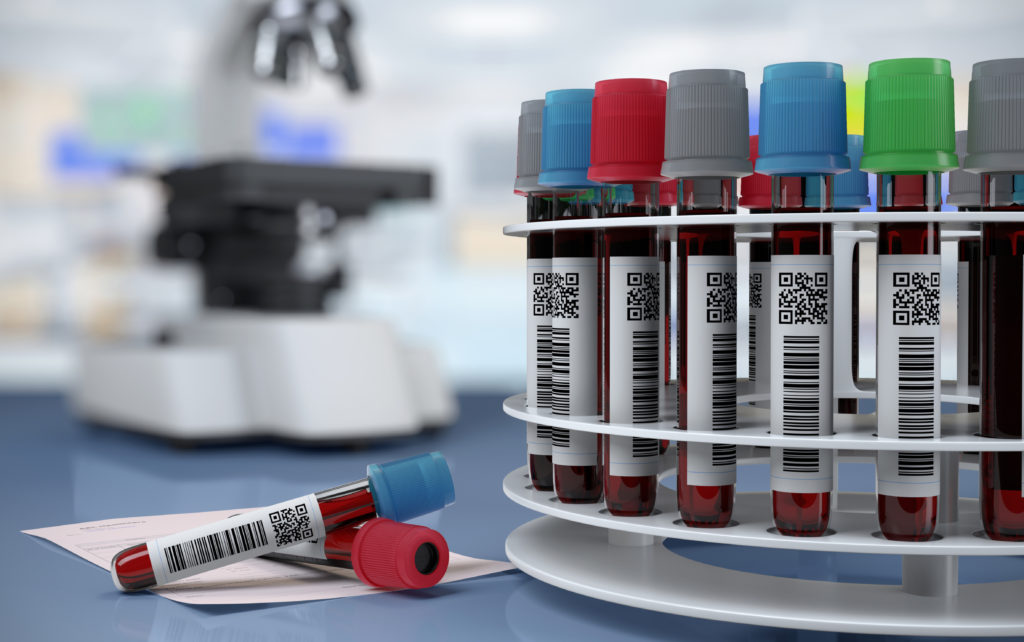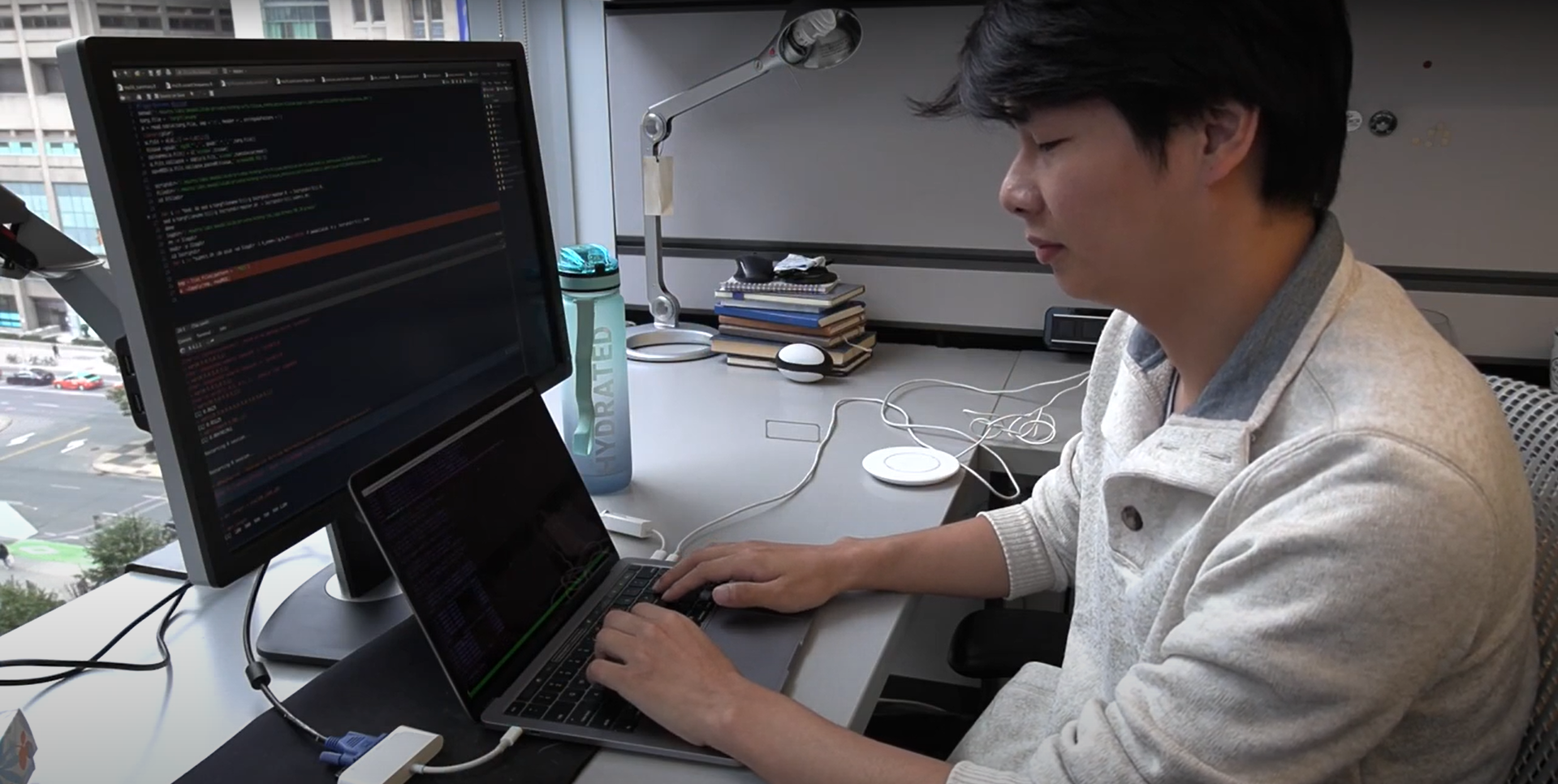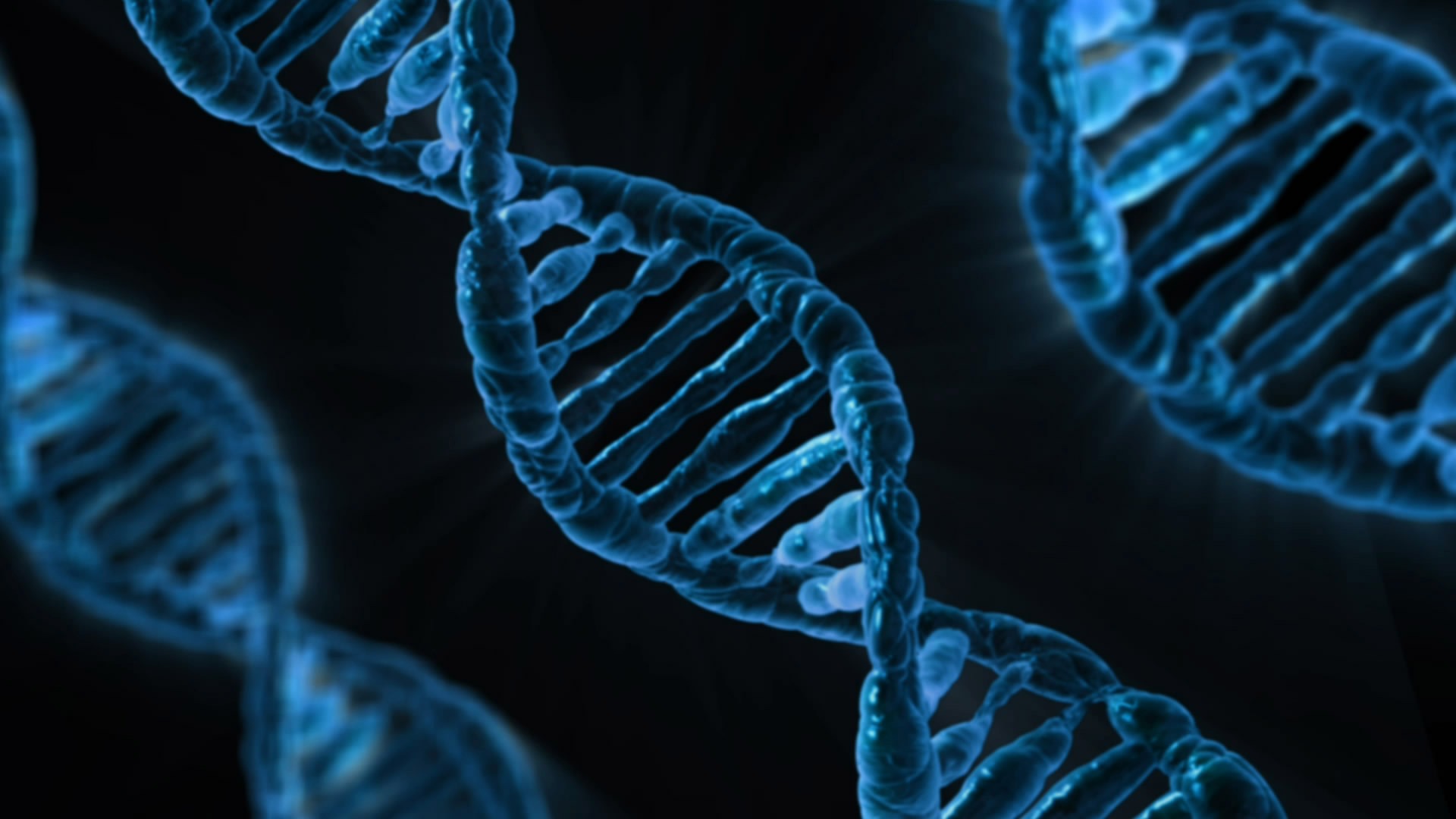News and Updates
What’s New With the OHS?
Since 2010, the Ontario Health Study (OHS) has been working hard to build a platform for chronic disease research. Working together with the research community and Ontarians across the province we are now following the health of about 225,000 people and have collected more than 40,000 blood samples. We’re building a database of health information and a biobank so researchers can better understand the link between genetics, lifestyle and environment—and the role they play in our health.
In this section, you’ll find information about the various Study activities and upcoming initiatives.







